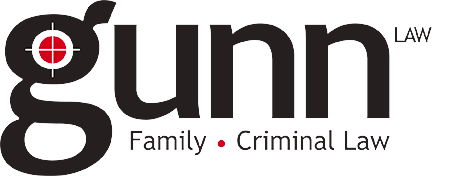On December 5, 2019, the Alberta Court of Queen’s Bench issued an official announcement that Collaborative Law Processes will now officially qualify as an alternative dispute resolution service that the Courts will recognize as meeting their requirements. Among other things, the announcement stated, “A Collaborative Law Process is hereby designated a dispute resolution process for the purpose of Rule 4.16(1) and the Mandatory ADR Rules”.
This is a historic moment in Alberta. The Court of Queen’s Bench’s announcement is further evidence of the shift that has been happening in legal culture within our province towards issues of divorce, parenting, separation, and similar matrimonial matters. Litigation should be the last step – not the first step – that couples take when trying to separate their lives from each other.
Collaborative Law is a relatively new process which began appearing in Canada in the late 1990s. Since then, its popularity has grown as more and more couples discover that there exists a respectful and efficient approach available for resolving their family law disputes.
Collaborative Practice is a voluntary dispute resolution process in which parties settle without resort to litigation. In Collaborative Practice the parties use good faith efforts in their negotiations to reach a mutually acceptable settlement. Each party is represented by a lawyer who has received specialized training in interest-based negotiation. One aspect of Collaborative Practice which is particularly prevalent in the Edmonton area is the employment of coaches as well as child and financial specialists within the Collaborative process, saving time and money for the family unit.
The decision of the Alberta Court of Queen’s Bench to bring Collaborative Family Law under the umbrella of judicially-recognized alternative dispute resolution services is exciting news for all those who have experienced the Collaborative Process and understand its value and the advantages that it brings to families.
